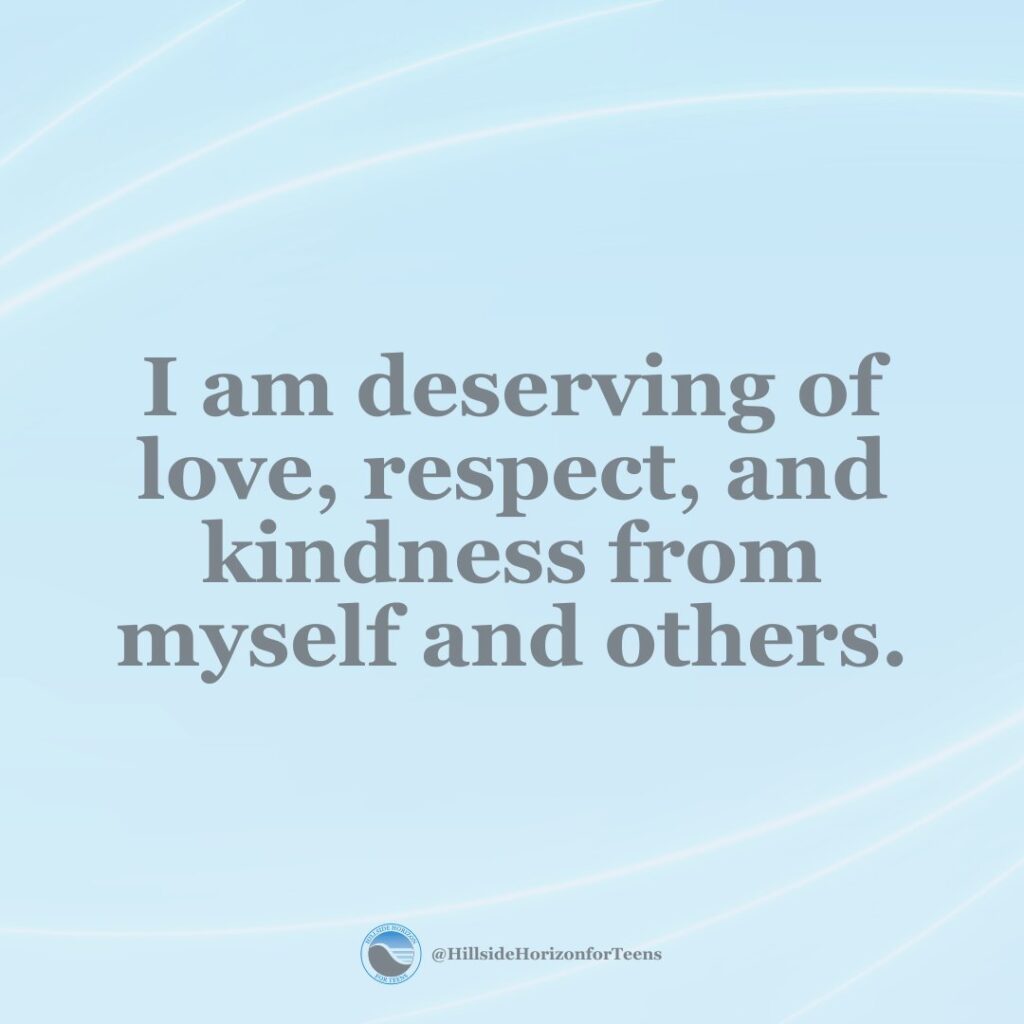
When we have a relapse with self-harm, it can be overwhelming. To recover, we must coexist with the feeling, preferably unjudged. What happens after that is almost as critical to the healing and betterment of oneself.
Acknowledge the Situation
Relapse is integral to making a recovery and is a part of the process. You will experience setbacks, and this isn’t failure. When the self-harm relapse is acknowledged, the possibility of healing opens up. This agreement can build self-awareness, and denial only extends emotional pain. This recognition then becomes a stepping stone to moving forward.
Understand the Triggers
The key is to identify what led you to relapse. Triggers can include situations, happenings, anger, or a place. By reflecting on recent experiences and emotions, you can identify triggers. One can formulate efficient coping mechanisms only by knowing what leads to such actions. This awareness enables people to handle similar case scenarios differently in the future.
Reach Out for Support
Sometimes, just having someone you trust to lean upon is relieving enough. Discussing experiences with friends, family, or mental health professionals helps to put things in perspective. Support networks offer a different point of view that may have otherwise gone unseen. Finding a community that knows what you are going through can create a sense of belonging and help alleviate isolation.
Practice Self-Compassion
It is essential to always be compassionate with yourself. Self-compassion is treating personal struggles with the kindness you would show your loved ones. Step back from that critical inner voice and recognize the negative thoughts. Instead, look to acknowledge the bravery it entails to confront these issues. Having compassion for ourselves helps us bounce back and remain optimistic.
Implement Healthy Coping Strategies
It is essential to have other methods of managing distress. Expressing yourself through journaling, exercise, or creative outlets helps flush out negative emotions. Try different things to see what works for you. Constructive methods of coping allow for processing emotions healthily. In time, these routines are excellent practices to keep the mind at ease.
Set Realistic Goals
Setting achievable goals makes tracking easy. Goals should be quantifiable and realistic to allow some satisfaction upon completion. Celebrating small victories is a great way to increase confidence and stay motivated. Keep in mind that recovery takes time, so have patience. Taking time to celebrate milestones, big or small, reinforces good behavior and encourages it to continue.
Reflect and Learn
Every relapse should be seen as a learning opportunity and a chance to develop. Looking back over the experience can help you understand your triggers and where you are most vulnerable. Reflect on how you could adjust next time. This introspection will help you plan for the future and ensure the likelihood of this not happening again. It enables one to learn from failures and control one’s recovery.
Seek Professional Help
Speaking with mental health professionals is highly recommended. Therapists and counselors offer guidance tailored to the individual’s needs. Having a professional provides a safe space and is also a great way to explore other ways of coping with your emotions. They can provide tools and techniques that can aid in healing and resilience. Instead of sinking further and being isolated, reaching out for professional help is imperative.
Embrace Progress
Celebrate the progress, wherever it may fall, irrespective of where you are. Celebrating progress, no matter how small, encourages a positive mindset. It is not always one one-directional path towards improvement, but it is a journey, as every success counts. Recognizing steps forward promotes action and builds confidence. Remember that healing is an ongoing journey; every day is a chance to start anew.
Create a Supportive Culture
A nurturing environment helps healing. Being associated with positive people improves mental health. A positive climate encourages and minimizes triggers and helps us achieve our recovery goals. Having this space allows people to focus more on healing and growing.
Wrapping Up
Be patient with yourself when recovering from a self-harm relapse. Accepting the circumstances, learning to identify what triggers the feeling, and reaching out for help can help one heal. Another part of healing is embracing and celebrating progress, which adds to the healing process and provides a safe healing space. Remember that every step forward is a sign of strength and willpower.





